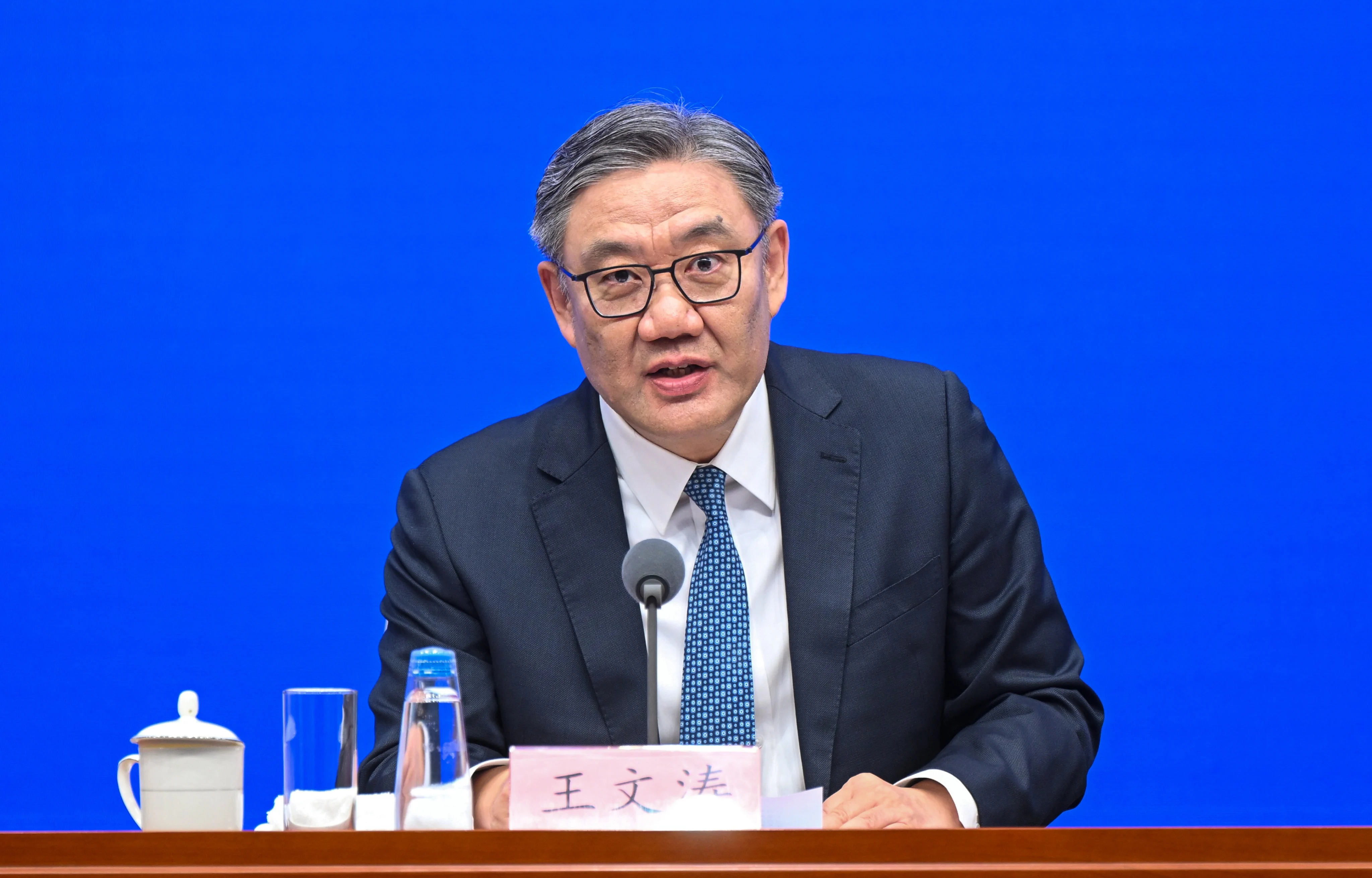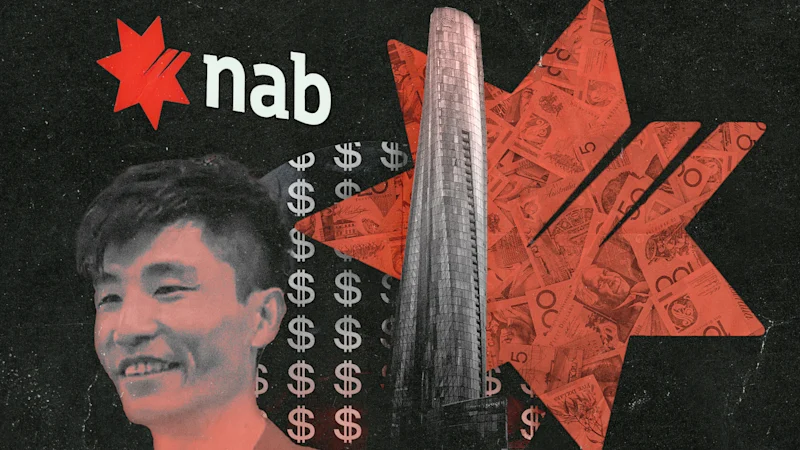By Mia Nurmamat
Copyright scmp

China has pledged to safeguard the legitimate rights of its companies operating in the United States and work to stabilise economic and trade relations, as Beijing and Washington seek progress in ongoing trade negotiations.
Minister of Commerce Wang Wentao convened a round-table meeting in New York on Tuesday with executives from more than a dozen Chinese companies operating in the US, joined by the head of the China General Chamber of Commerce in the US.
Wang warned that the global trade environment and rules were being “severely undermined” by unilateralism and protectionism, urging Chinese companies in the US to “get a handle on the current situation” and “respond proactively”.
He encouraged firms to pursue diversified strategies and compliant operations, urging them to “seek certainty amid uncertainty” while also working together to maintain mutual support.
“We will work to stabilise China-US economic and trade ties and will firmly safeguard the legitimate rights of Chinese companies,” Wang said, according to a ministry statement on Wednesday.
The companies represented sectors including finance, logistics, cross-border e-commerce, petrochemicals, telecoms, rail transit, auto parts, new energy, and pharmaceuticals, the statement said.
The minister also expressed optimism about a favourable environment for mutually beneficial cooperation between enterprises of both countries, and he highlighted that multiple rounds of trade talks between China and the US had yielded a series of agreements that “helped stabilise bilateral economic and trade relations”.
His remarks followed a phone call last week between President Xi Jinping and US President Donald Trump, which analysts have said could help pave the way for a meeting of the presidents at next month’s Asia-Pacific Economic Cooperation summit in South Korea.
In the meantime, Trump is expected to sign a deal on Thursday regarding TikTok’s operations in the US, according to Reuters, as the fate of the Chinese-owned platform remains a flashpoint in their trade tensions.
The minister also urged businesses to “oppose the externalisation of internal involution”. In the context of business, “involution” refers to cutthroat, low-quality price competition fuelled by excess capacity – known in Chinese as neijuan – where companies slash margins to undercut rivals for short-term gains.
Beijing has been seeking to curb such practices.
In July, China’s top leadership called for tighter regulation of “disorderly low-price competition” among businesses, warning that such behaviour undermines innovation, hampers efficiency, and impedes industrial upgrades and product-quality improvements.



